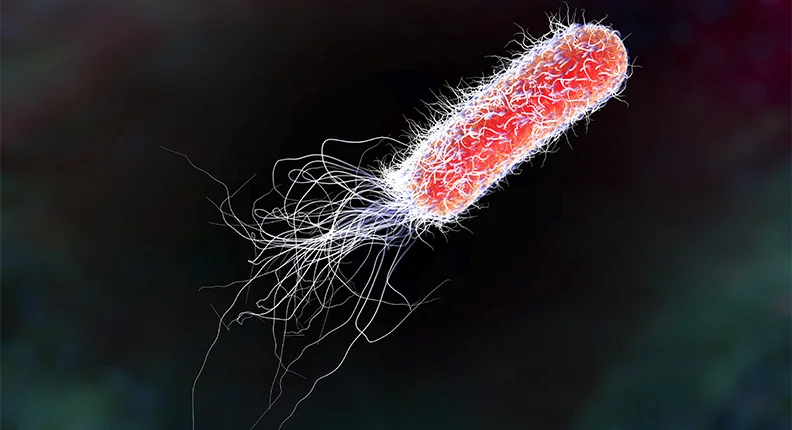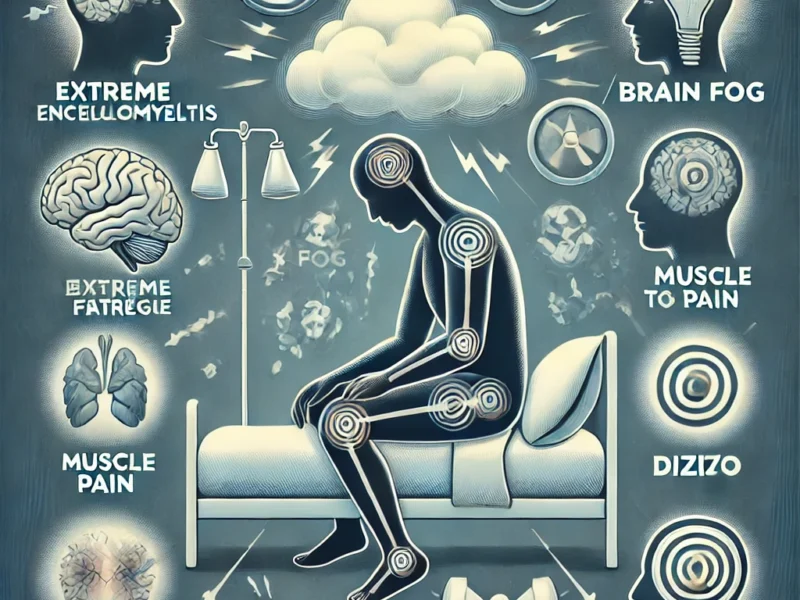E-coli advice issued amid rise in cases: Public Health Scotland and UK Health Security Agency are investigating increases in Shiga toxin-producing E. coli (STEC) cases across the UK, linked to food items.

E. Coli Advice Issued Amid Rise in Cases
Recent reports indicate a significant rise in E. coli infections, prompting health authorities to issue advice and guidelines to mitigate the spread and impact of this potentially dangerous bacterium. This article provides an in-depth look at E. coli, the current situation regarding the rise in cases, symptoms, prevention tips, and recommended actions for those affected or at risk.
Understanding E. Coli
What is E. Coli?
Escherichia coli (E. coli) is a diverse group of bacteria found in the environment, foods, and intestines of people and animals. While most strains of E. coli are harmless and even beneficial for human health, some strains, such as E. coli O157:H7, can cause severe foodborne illnesses.
Pathogenic Strains of E. Coli
The pathogenic strains of E. coli can be categorized into several types based on the mechanisms by which they cause disease. These include:
- Enterotoxigenic E. coli (ETEC): Causes traveler’s diarrhea.
- Enteropathogenic E. coli (EPEC): Often affects infants in developing countries.
- Enterohemorrhagic E. coli (EHEC): Includes the notorious E. coli O157:H7 strain, which can lead to severe illness and complications.
- Enteroinvasive E. coli (EIEC): Invades and destroys intestinal cells, leading to dysentery-like symptoms.
- Enteroaggregative E. coli (EAEC): Causes prolonged diarrhea, particularly in children and immunocompromised individuals.
How is E. Coli Transmitted?
Escherichia coli is primarily transmitted through contaminated food and water. Common sources of infection include undercooked ground beef, raw vegetables, unpasteurized milk and juice, and contaminated water. Person-to-person transmission can also occur, especially in environments with inadequate hygiene practices.
Current Rise in E. Coli Cases
Recent Outbreaks
Health authorities have reported several recent outbreaks of E. coli infections in various regions. These outbreaks have been linked to contaminated food products, including leafy greens, ground beef, and water sources. The rise in cases has prompted increased surveillance and public health interventions to identify and control the sources of contamination.
Geographic Spread
The rise in E. coli cases is not limited to a specific region. Reports indicate a widespread increase in infections across multiple countries, suggesting a global issue with food safety and sanitation. Efforts are underway to trace the origins of these outbreaks and implement measures to prevent further spread.
Vulnerable Populations
Certain populations are more vulnerable to severe Escherichia coli infections, including young children, the elderly, pregnant women, and individuals with weakened immune systems. Public health advisories emphasize the need for these groups to take extra precautions to avoid exposure to contaminated food and water.
Symptoms of E. Coli Infection
Common Symptoms
E. coli infections typically present with the following symptoms:
- Severe stomach cramps
- Diarrhea, which may be bloody
- Vomiting
- Mild fever
Severe Complications
In some cases, E. coli infections can lead to serious complications, such as:
- Hemolytic Uremic Syndrome (HUS): A severe condition that can cause kidney failure, particularly in young children and the elderly.
- Sepsis: A potentially life-threatening response to infection that can lead to tissue damage and organ failure.
- Severe Dehydration: Resulting from prolonged diarrhea and vomiting, requiring medical intervention.
When to Seek Medical Attention
Individuals experiencing severe symptoms, such as bloody diarrhea, high fever, or signs of dehydration, should seek medical attention immediately. Early diagnosis and treatment are crucial in preventing complications and ensuring a swift recovery.
Prevention Tips for E. Coli
Food Safety Practices
- Cook Meat Thoroughly: Ensure ground beef and other meats are cooked to a safe internal temperature (160°F/70°C) to kill harmful bacteria.
- Avoid Cross-Contamination: Use separate cutting boards and utensils for raw meat and other foods. Wash hands, surfaces, and utensils thoroughly after handling raw meat.
- Wash Fruits and Vegetables: Rinse all fruits and vegetables under running water before consumption, even if they will be peeled.
- Avoid Raw Milk and Unpasteurized Products: Consume only pasteurized milk, juices, and dairy products.
- Practice Good Hygiene: Wash hands thoroughly with soap and water before preparing or eating food, after using the restroom, and after contact with animals.
Water Safety
- Drink Safe Water: Ensure drinking water is from a safe source. Use bottled water or boil tap water if you are unsure of its safety.
- Avoid Swallowing Water in Recreational Areas: Be cautious when swimming in lakes, rivers, or pools. Avoid swallowing water to prevent ingesting harmful bacteria.
Preventing Person-to-Person Spread
- Handwashing: Wash hands frequently, especially after using the bathroom, changing diapers, and before and after handling food.
- Isolate Infected Individuals: If someone in the household is infected with E. coli, take precautions to avoid spreading the bacteria to others. Clean and disinfect common areas and surfaces regularly.
What to Do If You Suspect an E. Coli Infection
Immediate Actions
- Stay Hydrated: Drink plenty of fluids to prevent dehydration. Oral rehydration solutions can be particularly effective.
- Avoid Anti-Diarrheal Medications: Do not take anti-diarrheal medications without consulting a healthcare provider, as they can sometimes worsen the condition.
- Seek Medical Attention: Contact a healthcare provider if you experience severe symptoms or if you are in a high-risk group.
Diagnosis and Treatment
- Diagnostic Tests: Healthcare providers may request stool samples to identify the presence of E. coli bacteria.
- Supportive Care: Treatment primarily focuses on managing symptoms and preventing complications. This includes staying hydrated and monitoring for severe symptoms.
- Antibiotics: While antibiotics are a common tool for fighting bacterial infections, they’re not the best approach for E. coli.
Public Health Measures and Recommendations
Surveillance and Reporting
To curb the rise in Escherichia coli infections, public health authorities are ramping up surveillance efforts. Healthcare providers are urged to report cases promptly to facilitate timely interventions and outbreak investigations.
Food Industry Regulations
Stricter regulations and guidelines for food producers, processors, and distributors are being enforced to enhance food safety. This includes regular inspections, improved sanitation practices, and prompt recalls of contaminated products.
Public Awareness Campaigns
Educational campaigns are being launched to raise awareness about the risks of E. coli infections and the importance of food safety practices. These campaigns aim to inform the public about preventive measures and encourage proactive steps to reduce the risk of infection.
Conclusion
The rise in E. coli cases is a significant public health concern that requires immediate attention and action. By understanding the nature of E. coli, recognizing the symptoms, and adhering to recommended prevention strategies, individuals can protect themselves and their communities from this harmful bacterium. Public health authorities and the food industry must continue to collaborate and implement effective measures to ensure food safety and prevent future outbreaks. Staying informed and vigilant is key to minimizing the impact of Escherichia coli and safeguarding public health.
Reference
World Health Organization (WHO) – Food Safety


Yeah, because the country decided that silly things like “water quality” were for suckers and losers, so they’ve been dumping raw sewage into the water supply since Brexit. Couple that with lowered immune response due to repeated covid infections, and you have a population that’s going to be sick for a long time.
Investigations are being conducted all throughout the UK on an increase in STEC cases, a bacterial infection that can cause severe diarrhoea.
Although the outbreak’s origin is currently unknown, UKHSA is collaborating with several partners to find out.